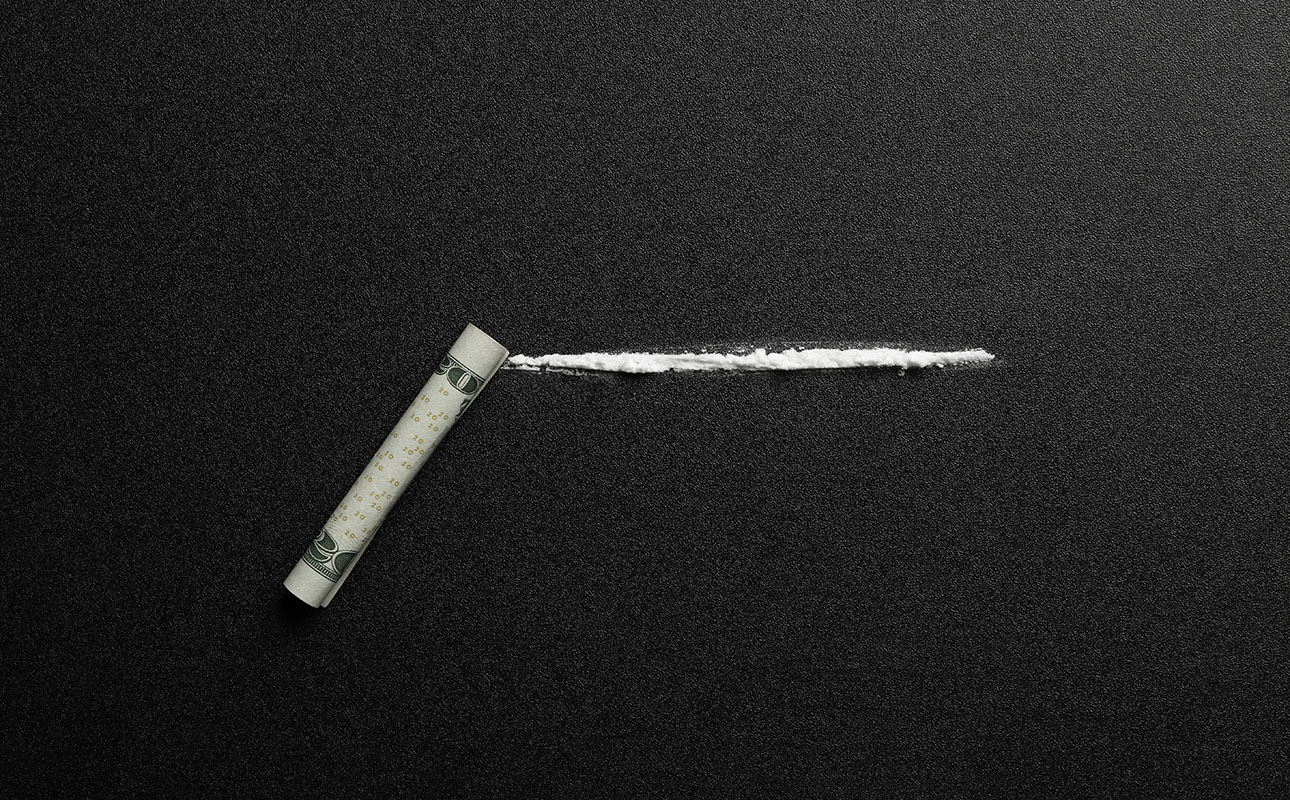One of the hardest parts of overcoming addiction can be reaching out for help. Many people experiencing addiction don’t know how to tell others about their struggles; there are numerous reasons for this.
Some people are embarrassed to tell loved ones about the problems they’re having. Others are in denial about the severity of their problem. Some just don’t know how to articulate how they’re feeling. Regardless of how difficult it is, getting help for addiction is an essential first step in recovery.
Importance of Getting Help Right Away
It’s never a good idea to procrastinate from seeking help for addiction as it’s a progressive disease. Drug addiction and substance abuse tend to snowball and become more significant and problematic as time goes on. No one wakes up one day randomly and is a full-blown alcoholic or drug addict. The sooner you get help, the sooner you’ll get your life back.
Recognizing Signs That You Need Help
In order to get help with your addiction, you first have to establish that you are suffering from substance abuse. Below are four common signs of addiction to look out for in yourself:
- Obsessive thoughts about drugs or alcohol
- Lost interest in previously enjoyed activities
- Declining health
- Difficulty sustaining relationships with friends or family
Of course the list above is not an exhaustive list of signs of addiction. Substance abuse can take shape in many forms depending on the severity of your addiction and types of substances you’re abusing. Always consult a healthcare professional when seeking help for your physical and mental health. A good rule of thumb with addiction though is: if you have to question whether or not you have a substance abuse issue, you probably do.
Tips for Getting Help
Once you have recognized that you do indeed suffer from addiction and substance abuse, the next step to getting better is seeking addiction treatment. Asking for the help you need can provide you with a great deal of relief. It will also get the most important people in your life on board in efforts to overcome the problem.
So, how do you get help with addiction?
Identify the best person to talk to
Deciding who the best person to confide in about an addiction problems is important. You want to discuss substance abuse issues and the need for addiction treatment with someone who’s going to be supportive and positive.
Write a letter
A lot of people dealing with drug abuse struggle to talk about their situation openly. You might at first want to bring the issue up with a loved one, but then you might find yourself repeatedly backing down.
If this is the case, consider the benefits of writing about your current struggle in a letter. Writing a letter gives you the chance to make sure that you’ve included all the details you need to before you send out this letter to seek help. If you find writing easier than talking about your drug addiction problem, this might be the best way to ask for help.
Let your healthcare provider know
In addition to talking about what you’re going through with loved ones, you should also discuss addiction with a doctor. Your doctor needs to know if you’ve been consuming excessive amounts of drugs or alcohol lately.
Your doctor should also be aware of any conditions you’re suffering from that could be aggravated by substance abuse. He or she can, therefore, recommend any precautions you need to take to protect your health during this difficult time.
Explore resources
There are fortunately many addiction resources available to help those who are dealing with substance abuse. Explore available resources on the Internet and at your doctor’s office. Take advantage of resources like counseling so that you take a proactive approach to recovery.
Take Advantage of Addiction Treatment Solutions
Having someone to talk to is important in overcoming addiction. Recovery resources like True Help Network are extremely valuable. By giving us a call, you’ll be connected with an addiction specialist who can help you get started on your recovery journey. Give us a call today to see how we can help you find the best possible addiction treatment!




